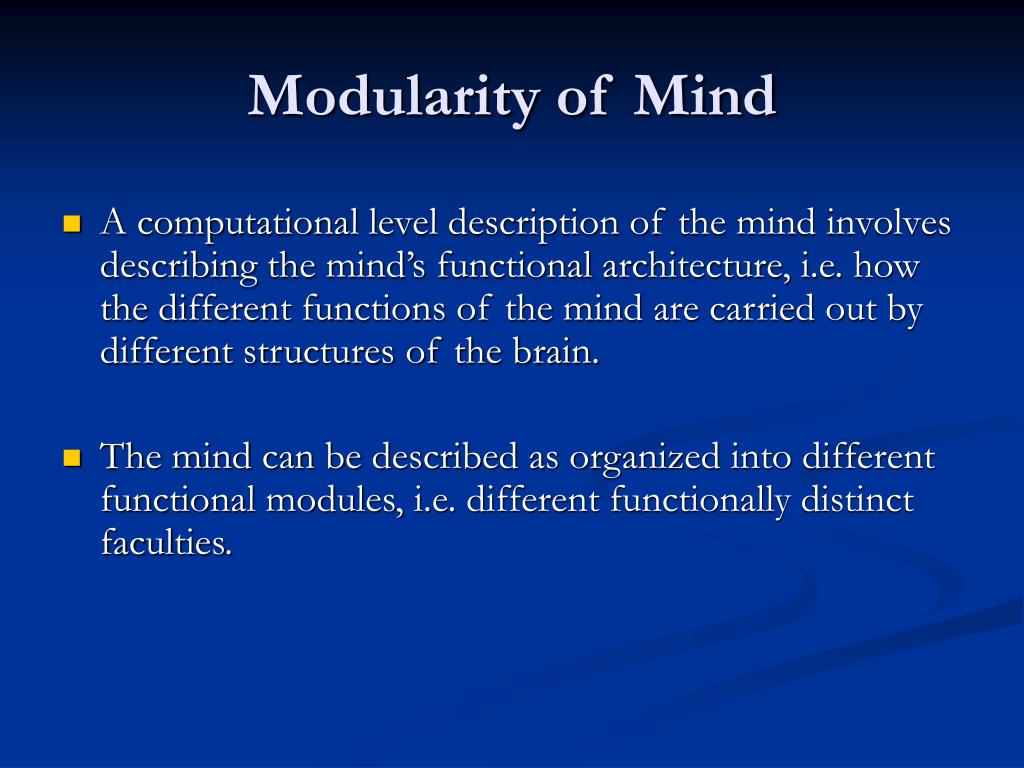If you like reading about philosophy, here’s a free, weekly newsletter with articles just like this one: Send it to me!
According to one historian, the garden, once ‘a place for man to escape from the threats of nature’, later became a ‘refuge from men’. Initially, gardens were made for practical purposes, like growing fruits and vegetables. Over time, though, they took on new functions. Some proclaim the dominion of humans over nature; others celebrate specific individuals. Other gardens are less triumphal, being places for gentle exercise, pleasure, engaging with nature, and convivial entertainment. Across many of the world’s cultures, gardens became part of discourses about our relationship to nature, beauty, and the good life.

The idea of gardens as arenas for creative agency or convivial reverie will be familiar to modern gardeners, as will the uses of gardens as symbols of human dominion or personal glory. It’s also still common to talk of gardens as ‘sanctuaries’ or ‘refuges’. One might ‘escape’ into the garden for an hour to cool off after a frustrating day at the office or seek sanctuary from the demanding hubbub of the world by retreating to the sheltered peace of a shaded patio.
Photo by Doug Kelley on Unsplash
In some cultures, however, the idea of gardens as refuges took on a deeper significance. Robert Pogue Harrison opens his erudite book on gardens by calling them a ‘sanctuary’ from the ‘rage, death, and endless suffering’ of human history. Some gardens offer ‘a kind of haven, if not a kind of heaven’. Beyond the garden wall, one finds the sprawling world of artificiality, competitiveness, and violence; within those walls, there is calm, natural vitality, and goodness. Talk of refuge and sanctuary here takes on an extended, moralised sense – a conviction that the real dangers from which we need protecting are not predators and storms, but the psychological, moral, and aesthetic ills of human life. In modern garden literature, the same examples recur – the stress, pollution, time-pressures, and busyness of modern life. Accompanying such claims are, however, references to the moral failings of the human world.
Robert Pogue Harrison, Gardens: An Essay on the Human Condition. Some gardens offer ‘a kind of haven, if not a kind of heaven’. Beyond the garden wall, one finds the sprawling world of artificiality, competitiveness, and violence; within those walls, there is calm, natural vitality, and goodness. (Ian James Kidd)
Amazon affiliate link. If you buy through this link, Daily Philosophy will get a small commission …
Read the full article which is published on Daily Philosophy (external link)







